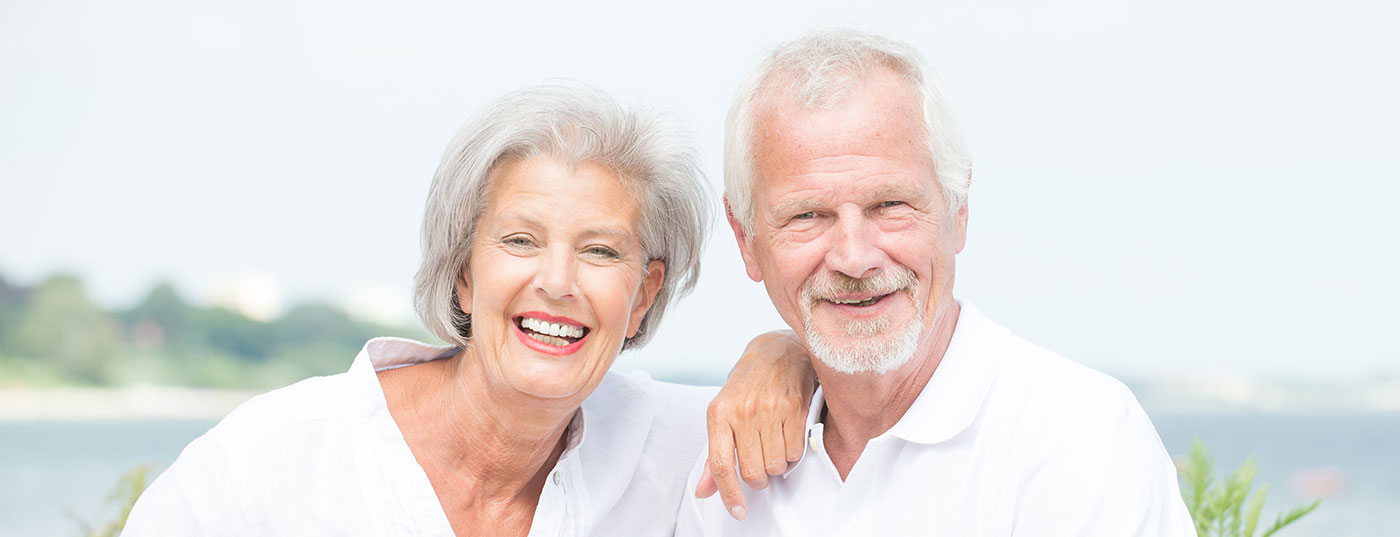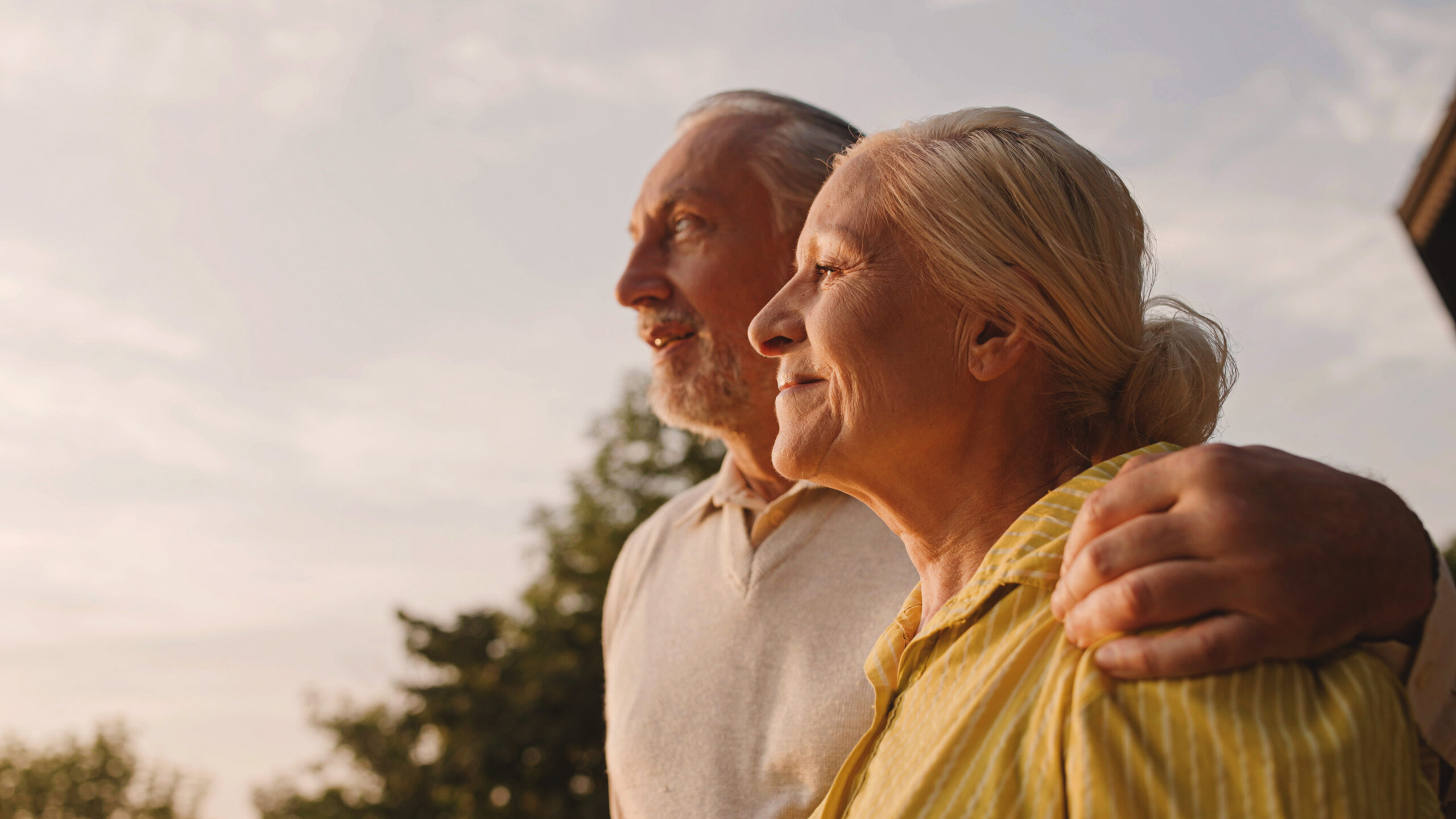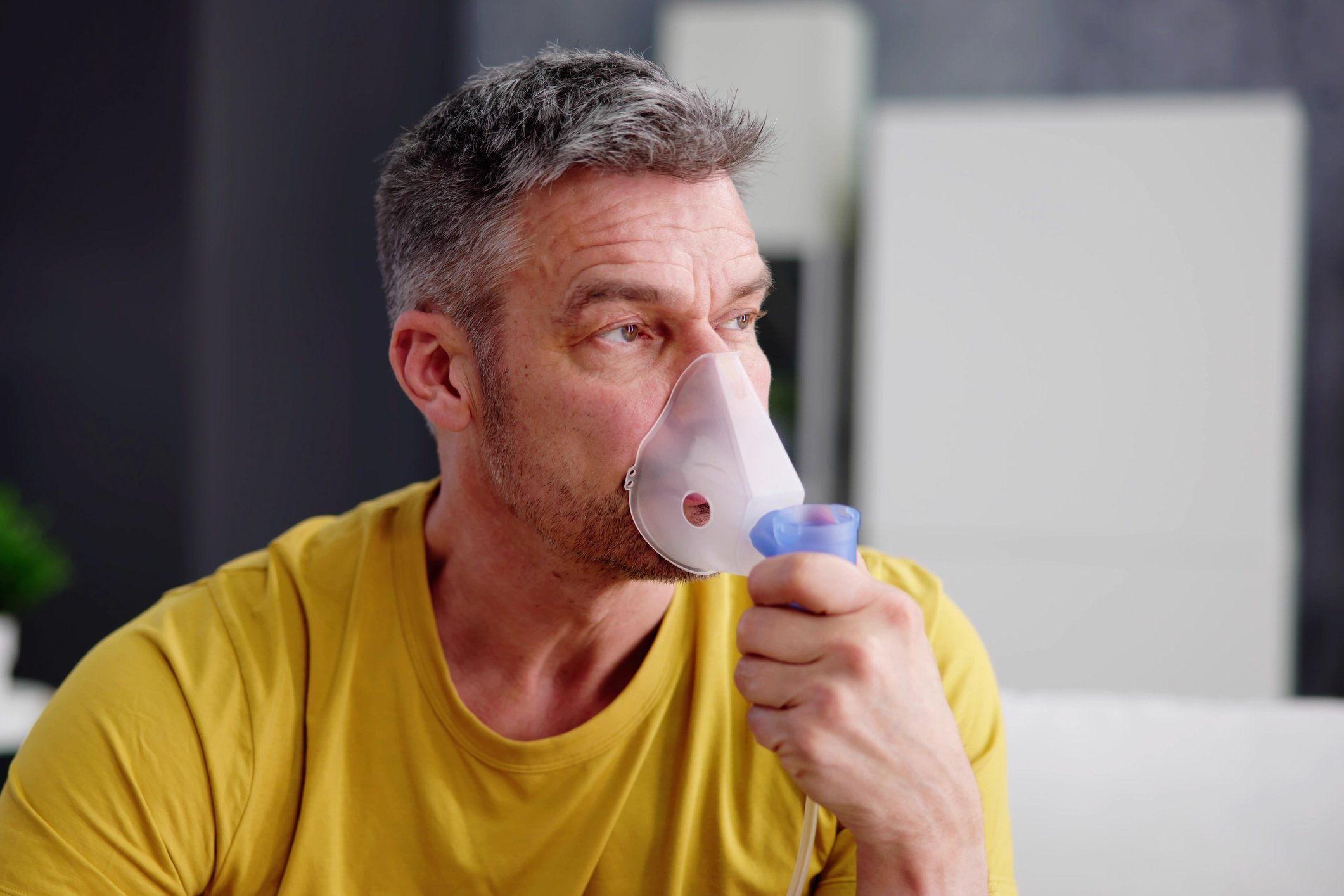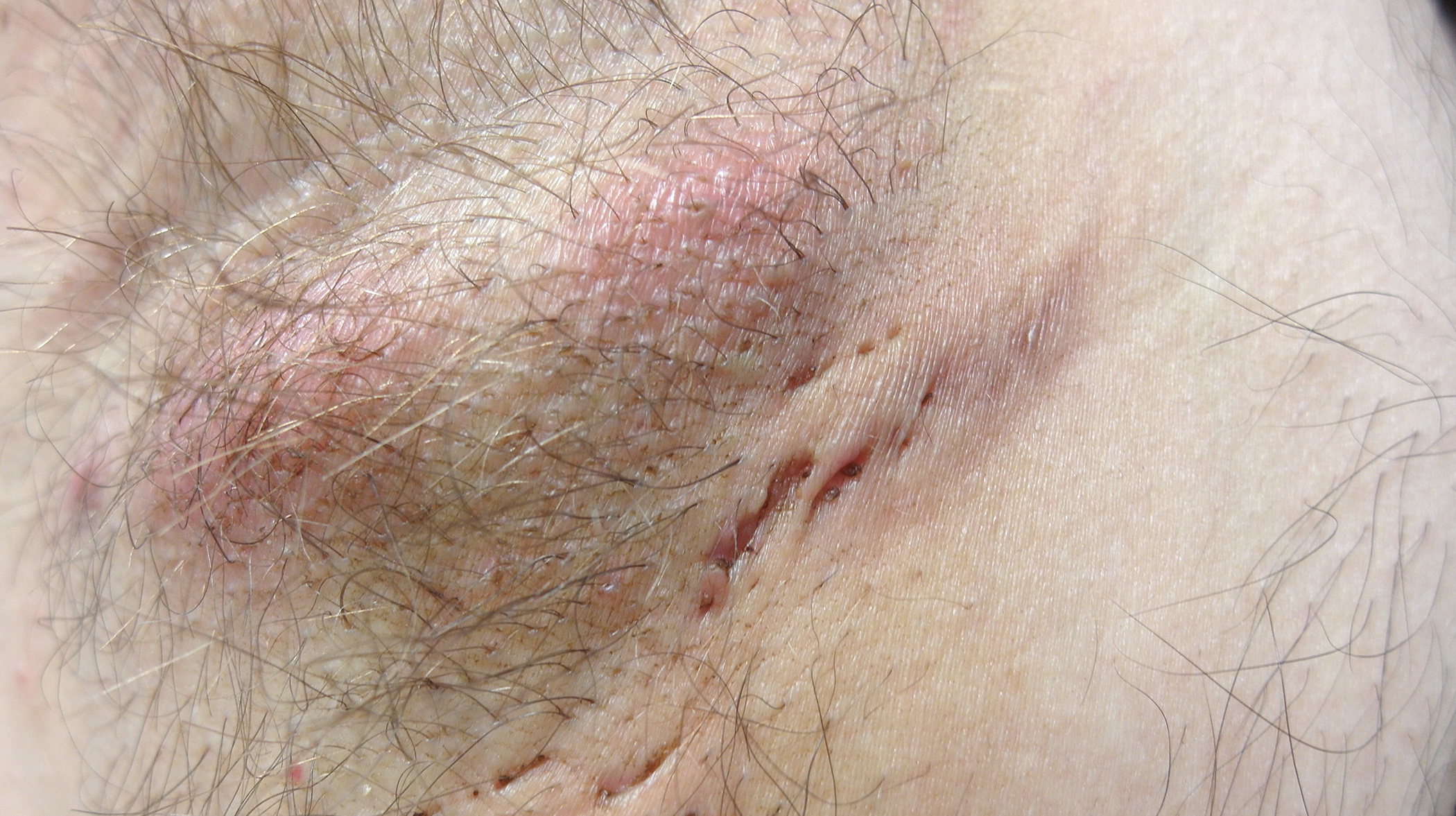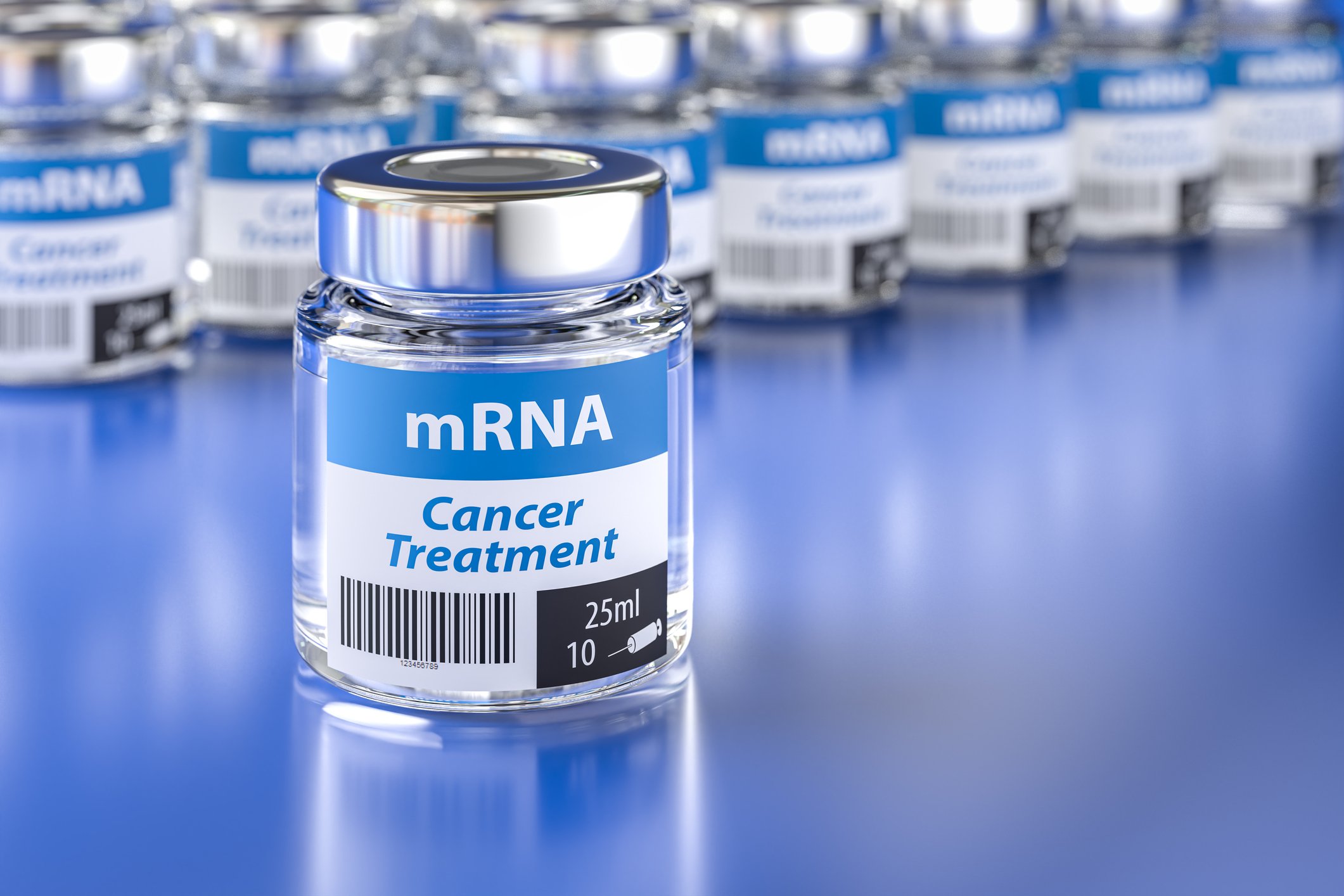Proper diet and exercise reduce cancer risk. If the tumor does strike, they help maintain quality of life. In follow-up, they increase the probability of survival. Update on the data situation.
Today, it is generally assumed that obesity – ultimately the result of continuous “overfeeding” – has a strong connection to the risk of developing various types of cancer. Similar observations have also been made regarding recurrences after cancer treatment. Most recently, the epidemiologic CLEAR study [1] from Australia expanded the scope to include physical activity. Again, the known positive association between obesity and cancer was found – again, women with obesity vs. those with BMI <25 kg/m2 increased their risk of uterine cancer by almost twofold; in men, excess kilos had a particularly negative effect on their chances of colorectal and prostate cancer (OR 2.13 and 1.51, respectively). For physical activity, where the data are even less robust, CLEAR found the expected inverse associations (at least among women): The more active, the lower the risk. The study did not find a statistical interaction between obesity and exercise.
One leads to the other
Nevertheless, of course, it is clear: body weight and physical activity often play together. There are plenty of possible connections. A drastic consequence of overweight can be seen, for example, in the metabolism or a possible metabolic syndrome, which in turn can be responsible for cancer growth. Those who maintain an active lifestyle simultaneously counteract obesity itself and metabolic derailment. The prevalence of metabolic syndrome is inversely related to fitness: the better the physical condition, the less frequent metabolic syndrome, and vice versa [2].
While higher overall weight does not always have to correspond to poorer physical fitness. There has also been much discussion about the strengths and shortcomings of BMI as an indicator of health. Looking at the cardiovascular effects, physical activity seems to play at least an equally important independent role along with obesity, and especially along with BMI. As a health-relevant measurement in the area of body weight, the hip-waist ratio is more suitable, focusing on central fat. Visceral fat has also been shown to be relevant to the oncology field [3].
One thing is certain: misfortune seldom comes alone. Putting on more weight in motion is infinitely more strenuous, which is why fatter people are usually less active. When you increase physical activity, you usually decrease your adipose tissue (especially central) and thus increase your fitness (levels) at the same time – activity becomes easier. So one usually comes hand in hand with the other (both negatively and positively).
Tumor cachexia – many patients die from malnutrition
Prudent management of food, exercise and muscle maintenance applies not only to oncologically healthy individuals, but also to those already ill. The latter must pay close attention to their diet and physical activity in order to avoid malnutrition. prevent the known consequences of tumor cachexia. This is a weight loss caused predominantly by an altered metabolic state due to the tumor itself. Lack of appetite, psychological distress, changes in taste, pain, and dry mouth are also present. Weight loss also affects the muscles. A not inconsiderable proportion of all cancer patients die as a result of malnutrition. The tumor and the therapy have “drained” her. This makes it all the more important to start early here, too, and to approach weakening and weight loss as preventively as possible with individual nutrition and exercise concepts. Improving the quality of life and reducing the side effects of therapy are central goals of such concepts.
And in aftercare?
Recently, a prospective cohort study [4] was published that collected dietary behaviors and activity levels from 992 patients enrolled in the randomized CALGB-89803 trial. Participants in this adjuvant chemotherapy study were enrolled between 1999 and 2001; they were all considered “cancer survivors” of stage III colon tumor. The question was whether a very specific lifestyle, namely following the ACS guidelines in the area of “Nutrition and Physical Activity for Cancer Survivors” leads to a benefit in follow-up. Patients should maintain a healthy body weight, be regularly active, and eat an adequate diet (including classics such as vegetables, fruits, and whole grains). Each participant was given a score between 0-6, based on a detailed record of their lifestyle during and six months after chemotherapy – with higher scores indicating a healthier lifestyle. This score could still be supplemented with alcohol consumption on 0-8.
After analyzing the data between November 2016 and December 2017, it was clear: the lifestyle intervention did have an impact on survival, and an astonishing one at that. Compared with the 262 subjects with low scores (0-1), the group with the strictest adherence to the guideline (n=91) had a significant HR of 0.58 after a median of seven years of follow-up, representing a mortality risk reduction of 42%. Disease-free survival was also prolonged. Overall, a healthy lifestyle significantly reduced the likelihood of death or recurrence by 31%.
The fact that the values were even better when the patients paid attention to alcohol consumption in addition to exercise and a healthy diet may come as little surprise.
In a nutshell
- Proper diet and exercise should be taken before, during and after cancer
- More and more studies are showing this.
Literature:
- Nunez C, et al: Obesity, physical activity and cancer risks: results from the Cancer, Lifestyle and Evaluation of Risk Study (CLEAR). Cancer Epidemiol 2017 Apr; 47: 56-63.
- Kullo IJ, et al: Relation of low cardiorespiratory fitness to the metabolic syndrome in middle-aged men. Am J Cardiol 2002 Oct 1; 90(7): 795-797.
- Keum N, et al: Visceral Adiposity and Colorectal Adenomas: Dose-Response Meta-Analysis of Observational Studies. Ann Oncol 2015 Jun; 26(6): 1101-1109.
- Van Blarigan E, et al: Association of Survival With Adherence to the American Cancer Society Nutrition and Physical Activity Guidelines for Cancer Survivors After Colon Cancer Diagnosis. The CALGB 89803/Alliance Trial. JAMA Oncol 2018. DOI:10.1001/jamaoncol.2018.0126 [Epub ahead of Print].
InFo ONCOLOGY & HEMATOLOGY 2018; 6(6) – Article appears online only.

